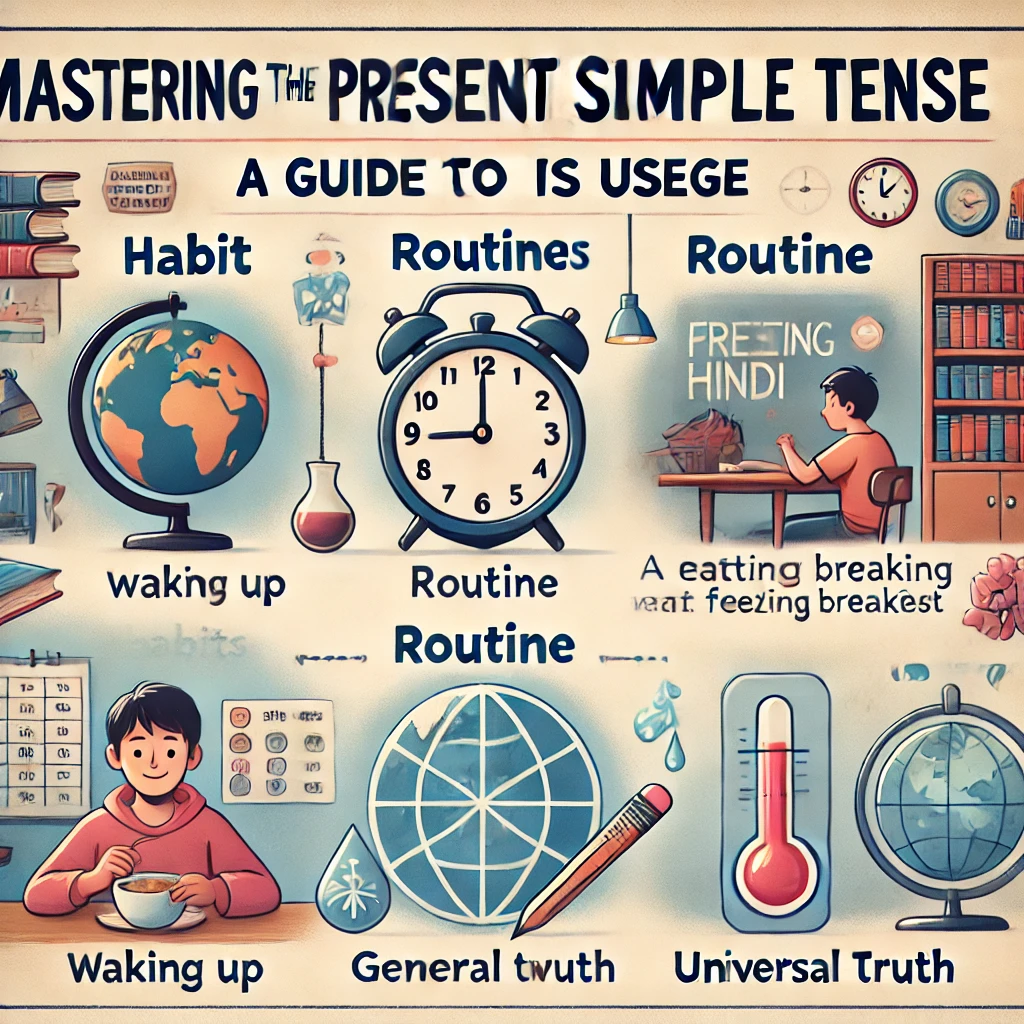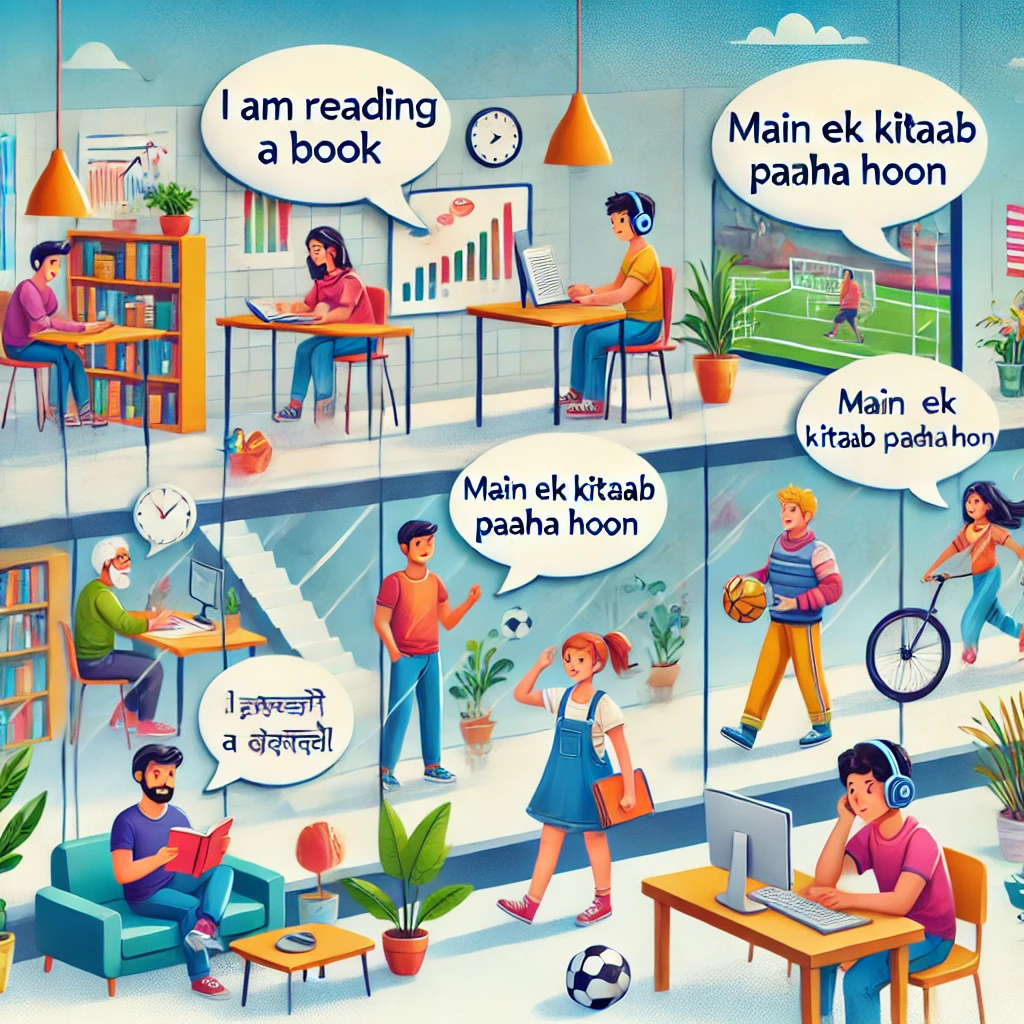How does Future Perfect help in clear communication? (English)
In the dynamic world of communication, precision is paramount. The Future Perfect tense, often overlooked, plays a crucial role in conveying nuanced meaning, particularly when discussing actions completed before a specific point in the future. Its structure – "will have + past participle" – clearly signals that an action will be finished before another future event. This eliminates ambiguity and enhances clarity. For instance, instead of saying "I go to the market and then cook," which is vague about the order and completion, "I will have gone to the market before I cook" clearly establishes the sequence. This precision is essential in various scenarios – setting deadlines ("I will have completed the project by Friday."), expressing prior experiences ("By next year, I will have lived in three different countries."), and detailing future plans where completion is key ("She will have finished her studies before she travels"). In the context of teaching rural Indian children, where precise language acquisition is vital, the Future Perfect tense empowers them to communicate their intentions and experiences with confidence and accuracy. It lays a solid foundation for more complex grammatical structures and sophisticated communication styles.
भविष्य पूर्ण काल (Future Perfect Tense): Clear Communication की कुंजी (Hindi)
संचार की गतिशील दुनिया में, सटीकता सर्वोपरि है। भविष्य पूर्ण काल, जिसे अक्सर अनदेखा किया जाता है, सूक्ष्म अर्थों को संप्रेषित करने में महत्वपूर्ण भूमिका निभाता है, खासकर जब भविष्य के किसी विशिष्ट समय से पहले पूरी हुई क्रियाओं पर चर्चा की जाती है। इसकी संरचना - "will have + past participle" - स्पष्ट रूप से संकेत करती है कि एक क्रिया किसी अन्य भविष्य की घटना से पहले पूरी हो जाएगी। इससे अस्पष्टता समाप्त होती है और स्पष्टता बढ़ती है। उदाहरण के लिए, "मैं बाजार जाऊँगा और फिर खाना बनाऊँगा," कहने के बजाय, जो क्रम और पूर्णता के बारे में अस्पष्ट है, "मैं खाना बनाने से पहले बाजार जा चुका हूँगा" क्रम को स्पष्ट रूप से स्थापित करता है। यह सटीकता विभिन्न परिस्थितियों में आवश्यक है - समय सीमा निर्धारित करना ("मैं शुक्रवार तक परियोजना पूरी कर चुका हूँगा।"), पूर्व अनुभवों को व्यक्त करना ("अगले साल तक, मैं तीन अलग-अलग देशों में रह चुका हूँगा।"), और भविष्य की योजनाओं का विवरण देना जहाँ पूर्णता महत्वपूर्ण है ("वह यात्रा करने से पहले अपनी पढ़ाई पूरी कर चुकी होगी।")। ग्रामीण भारतीय बच्चों को पढ़ाने के संदर्भ में, जहाँ सटीक भाषा अर्जन महत्वपूर्ण है, भविष्य पूर्ण काल उन्हें अपने इरादों और अनुभवों को आत्मविश्वास और सटीकता के साथ संप्रेषित करने का अधिकार देता है। यह अधिक जटिल व्याकरणिक संरचनाओं और परिष्कृत संचार शैलियों के लिए एक ठोस आधार रखता है।
| English | Hindi | Roman Hindi |
|---|---|---|
| By next year, I will have finished my course. | अगले साल तक, मैं अपना कोर्स पूरा कर चुका हूँगा। | agle saal tak, main apna course pura kar chuka hunga. |
| She will have written the book by December. | वह दिसंबर तक किताब लिख चुकी होगी। | vah disambar tak kitab likh chuki hogi. |
| We will have visited the Taj Mahal by then. | तब तक हम ताजमहल देख चुके होंगे। | tab tak hum tajmahal dekh chuke honge. |
| They will have left for Mumbai by evening. | शाम तक वे मुंबई के लिए रवाना हो चुके होंगे। | sham tak ve mumbai ke liye rawana ho chuke honge. |
| The rain will have stopped by morning. | सुबह तक बारिश बंद हो चुकी होगी। | subah tak barish band ho chuki hogi. |
| He will have eaten dinner before the movie starts. | फ़िल्म शुरू होने से पहले वह खाना खा चुका होगा। | film shuru hone se pehle vah khana kha chuka hoga. |
| Will you have completed your homework by tonight? | क्या तुम आज रात तक अपना होमवर्क पूरा कर चुके होंगे? | kya tum aaj raat tak apna homework pura kar chuke honge? |
| By the time you arrive, I will have prepared the tea. | जब तुम पहुँचोगे, तब तक मैंने चाय बना ली होगी। | jab tum pahuchoge, tab tak maine chai bana li hogi. |
| The birds will have built their nests by spring. | बसंत तक पक्षी अपना घोंसला बना चुके होंगे। | basant tak pakshi apna ghosla bana chuke honge. |
| I will have learned 1000 new words by the end of the year. | साल के अंत तक मैं 1000 नए शब्द सीख चुका हूँगा। | saal ke ant tak main 1000 naye shabd sikh chuka hunga. |




